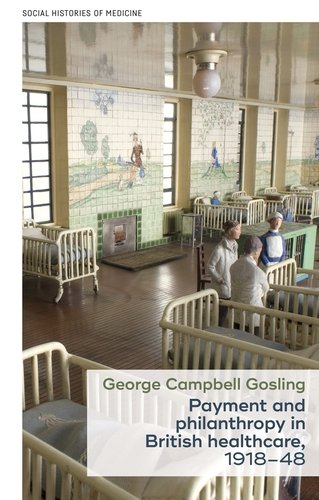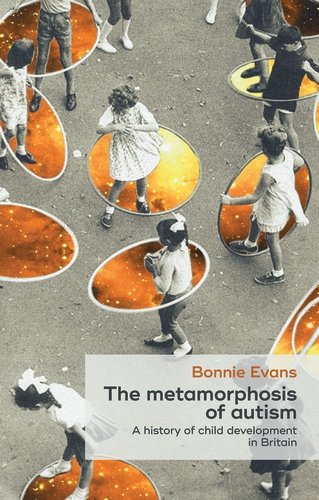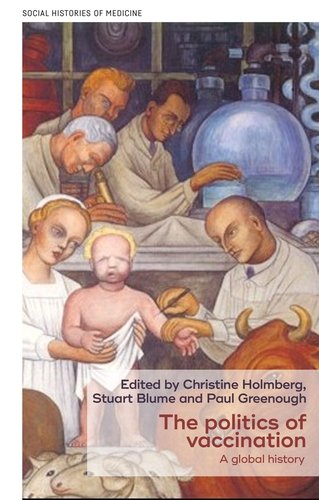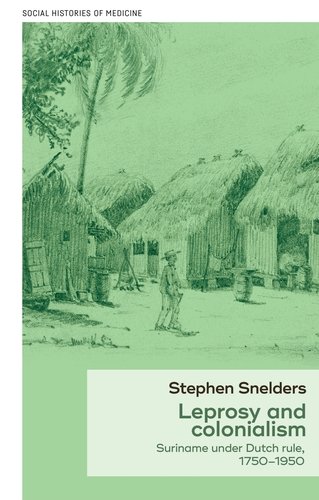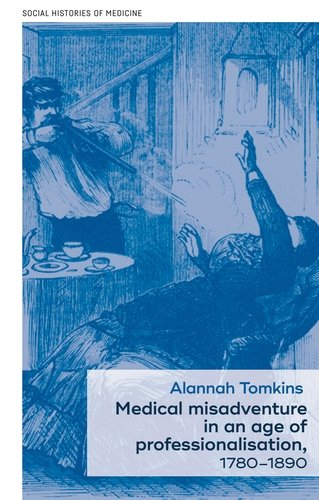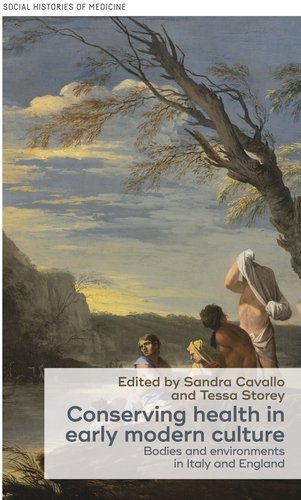Doing psychiatry in postwar Europe
Practices, routines and experiences
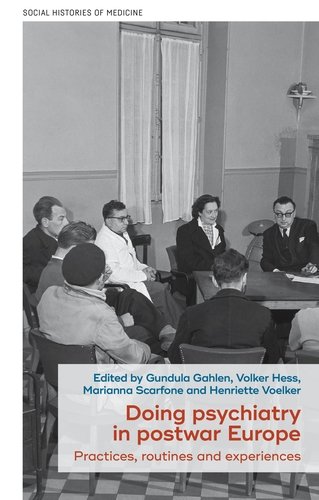
Doing psychiatry engages with the history of European psychiatry in the second half of the twentieth century through a close and fresh look at the practices that contributed to reshape the mental health field.
Case studies from across Europe allow readers to appreciate how new ‘ways of doing’ contributed to transform the field, beyond the watchwords of deinstitutionalisation, the prescription of neuroleptics, centrality of patients and overcoming of asylum-era habits. Through a variety of sources and often adopting a small-scale perspective, the chapters take a close look at the way new practices emerged and at how they installed themselves, eventually facing resistance, injecting new purposes and contributing to enlarging psychiatry’s fields of expertise, therefore blurring its once-more-defined boundaries.

Gahlen is a research associate at Ludwig-Maximilians-University. Hess is chair of the Institute for the History of Medicine atthe Charité Medical School. Scarfone is an associate professor at Strasbourg University. Voelker is a research associate at the Institute for the History of Medicine.

